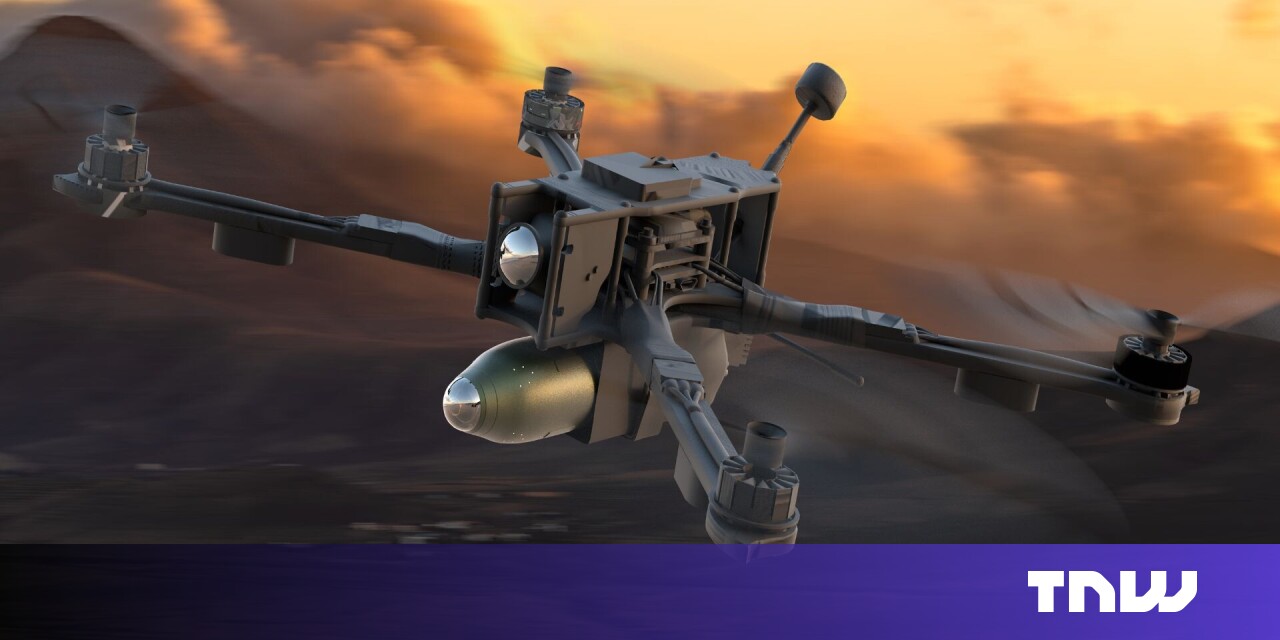Six NATO members are planning to build a “drone wall” to protect Europe from Russian threats.
Finland, Norway, Poland, and the three Baltic states will work together to set up the air defence system. The drones will monitor the thousands of kilometres-long border that separates the nations from Russia. The wall will also include anti-drone systems to neutralise enemy drones.
“This is a completely new thing — a drone wall stretching from Norway to Poland,” Agnė Bilotaitė, Lithuania’s Minister of Interior, told the Baltic News Service.
“The goal is to use drones and other technologies to protect our borders . . . against provocations from unfriendly countries and to prevent smuggling.”
The latest rumblings from the EU tech scene, a story from our wise ol’ founder Boris, and some questionable AI art. It’s free, every week, in your inbox. Sign up now!
Russia has been actively provoking its Western neighbours in recent months, including passing a bill that would see Moscow declaring Finnish and Lithuanian areas of the Baltic sea as Russian.
Finland has also accused Russia of directing thousands of migrants from Syria, Somalia, and Iraq towards its territory in an effort to overwhelm border security.
Since Russia’s invasion of Ukraine in 2022, EU countries have become increasingly worried that Vladimir Putin will take aim at them too.
Poland has spent billions reinforcing its border defences with Russia and Belarus, while Estonia is building 600 army bunkers in preparation for a possible future attack.
The drone wall announcement follows news last week that Poland has joined the European Sky Shield Initiative. The plan, which has 21 signatory states so far, aims to create an Iron Dome-style air defence system covering NATO members across Europe.
The war in Ukraine has ushered in a new era of aerial conflict, increasingly defined by drone warfare.
As drones, big and small, become ubiquitous on the battlefield, it’s no wonder countries are looking to defend themselves against this new enemy in the skies.
The drone wall is still in the early stages of development and there is no concrete timeline about its implementation, said Bilotaitė.
Get the TNW newsletter
- Get the most important tech news in your inbox each week.
Source: thenextweb.com


